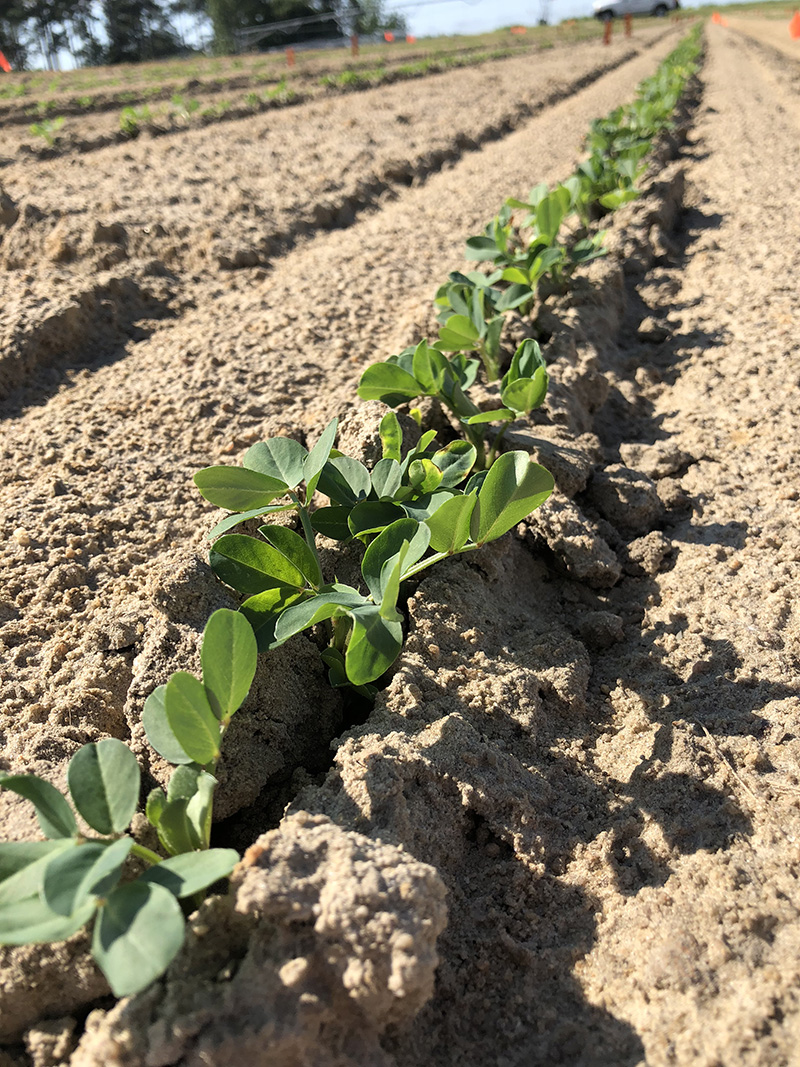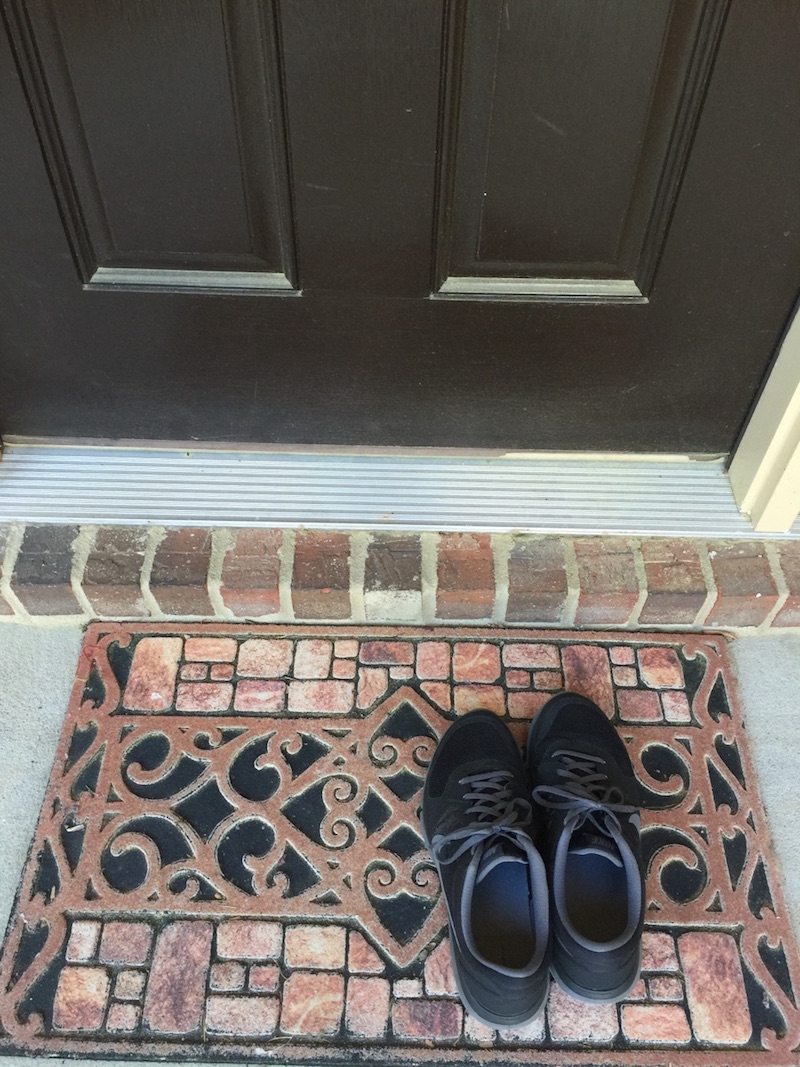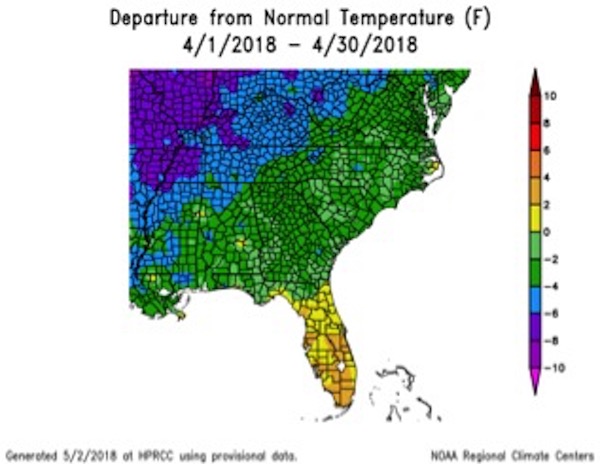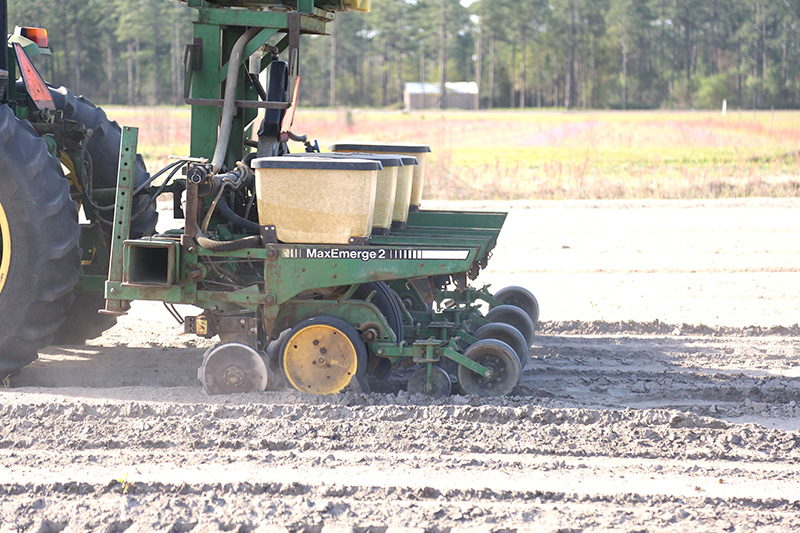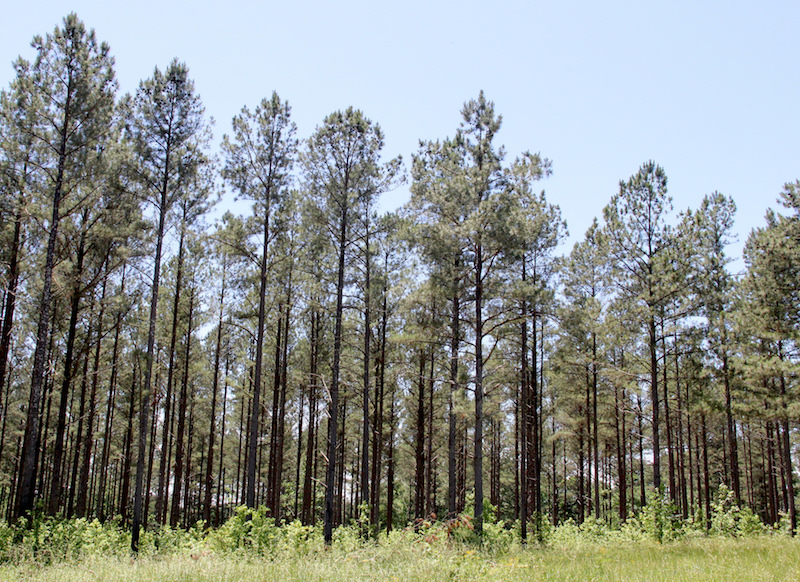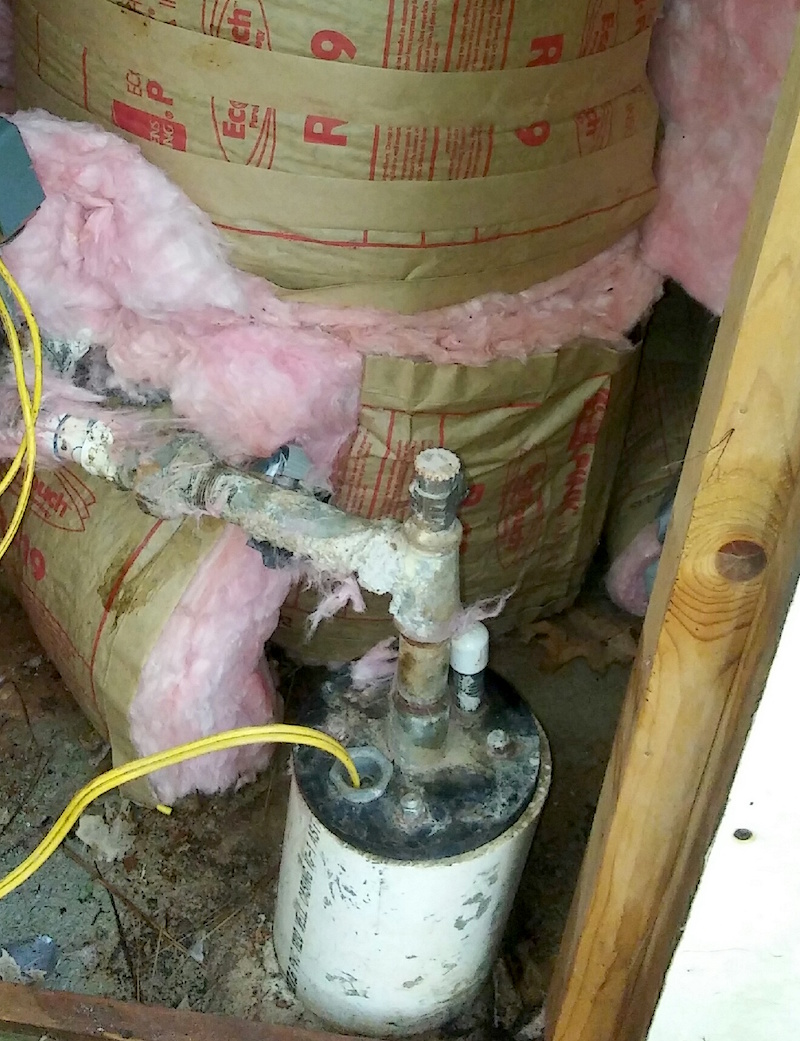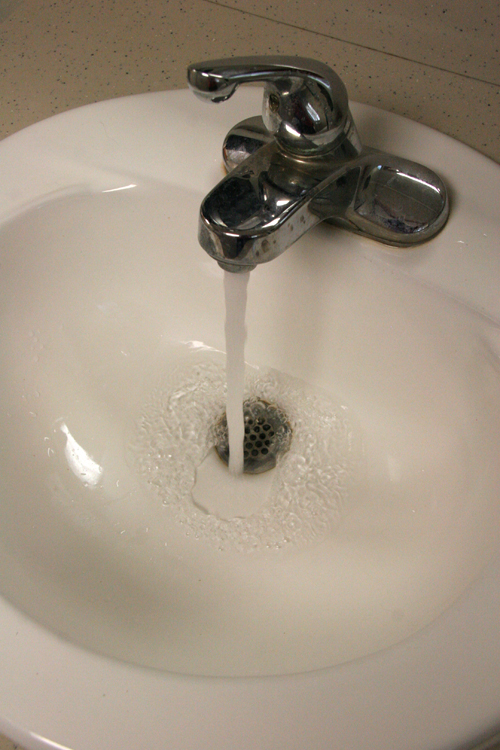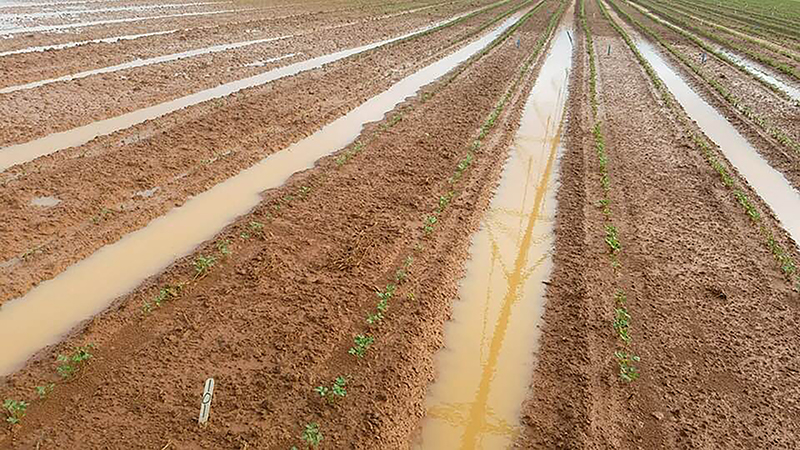 CAES News
CAES News
Rainy Impact
Two consecutive weeks of rainfall in Georgia stunted the growth of the state’s peanut crop and created ideal conditions for diseases in vegetable fields, leaving farmers scrambling to decide what to do next.


